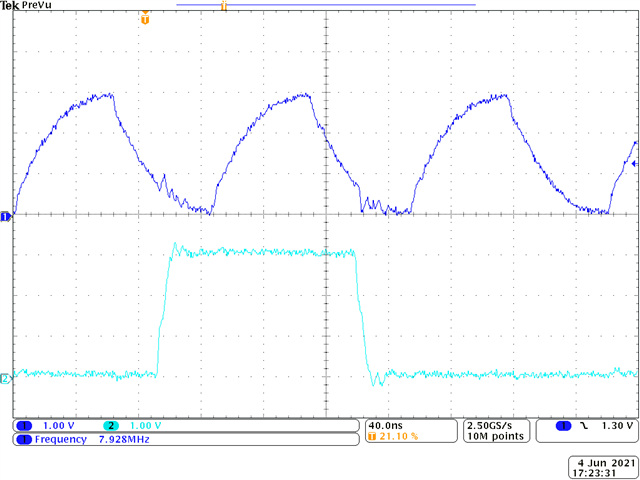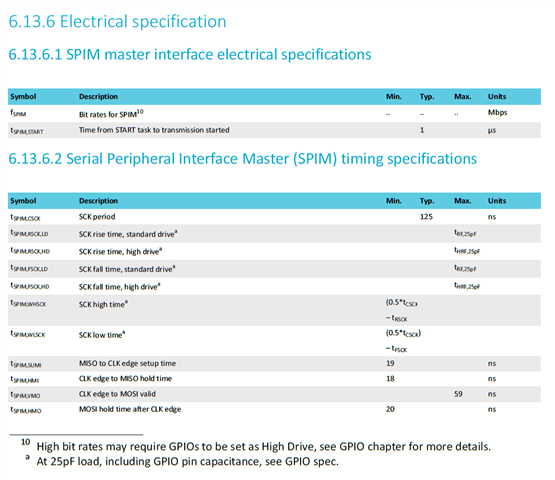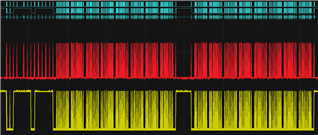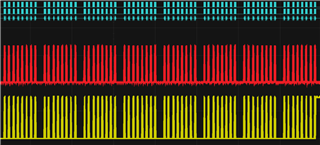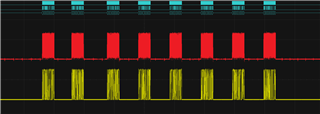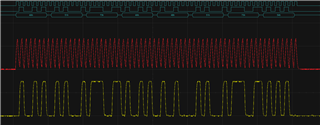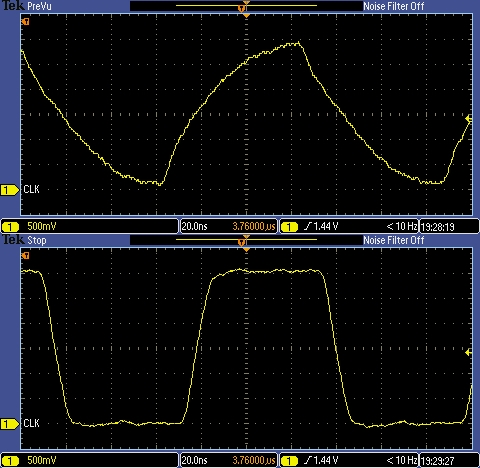Hi everybody,
i've got an issue i want to discuss here. I'm building a webserver using the nRF9160DK with ethernet-shield from PHYTEC and an SD-card which holds the frontend with a size of over 3MB. So far i got everything up and running using the nrf-connect-sdk v1.5.1.
With the default configurations, the SPI-Interface to the SD-card is running at a very low frequency (250kHz), which already was discussed in other issues here. In this configuration, serving the frontend takes about 2 minutes. I saw that in the next release of the nrf-connect-sdk, it should be possible to configure the SPI-frequency over the devicetree, which at the time is not working. I even tried to run my project under the master-branch of the nrf-connect-sdk, but then i had various access violations, related to the Ethernet PHY, which i could not resolve. With the releases v1.5.0 and v1.5.1 everything works fine... But i was able to do a patch which improves the SPI-interface to the maximum possible frequency of 8MHz of the nRF9160 under v1.5.1. ImprovedSdCardSpeed.patch
Now it takes about 16 seconds to serve the frontend which is still too long for my needs, possible due to file system overhead (FAT32). I observed that the disk-access-driver uses fixed sector-sizes of 512 Bytes when reading files from the SD-card. I was wondering if i could improve my performance even more, if i would be able to increase these sector-sizes to a higher value. Unfortunately, i wasn't able to do this by myself.
Is there something in planning to make the sector-sizes configurable?
Would the use of another file system have an impact on my performance? Which would be best?
Has somebody any other suggestions how i could improve the performance?
Thanks in advance for any help!



